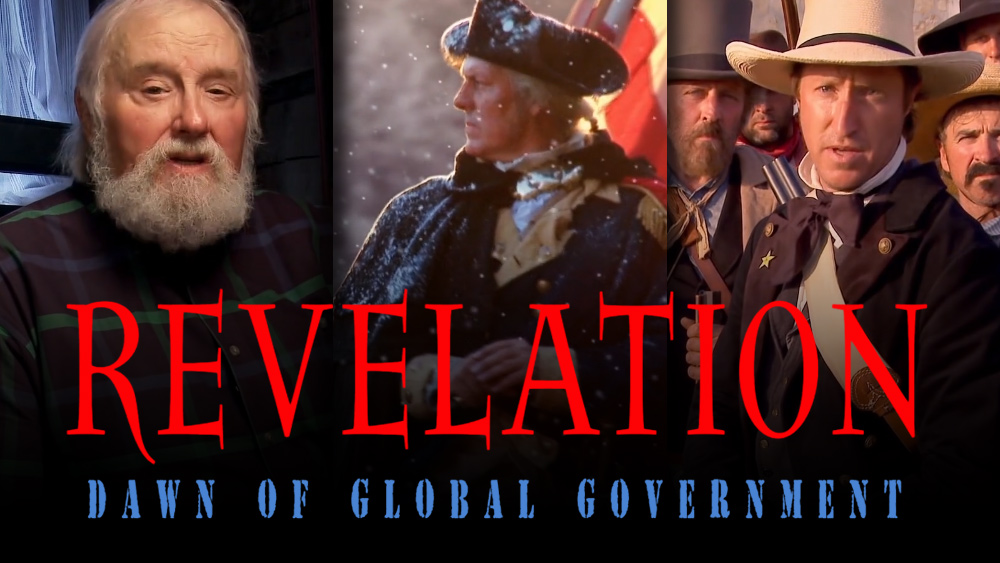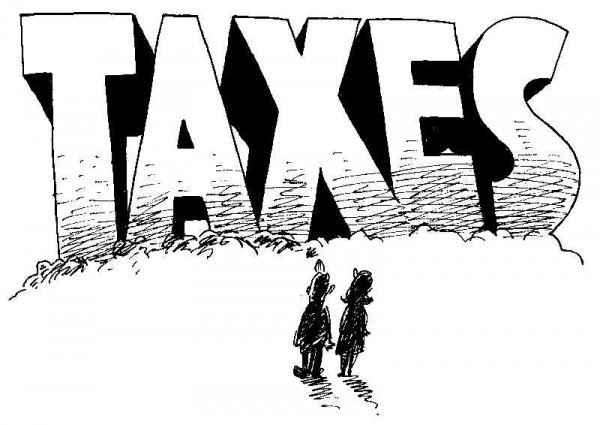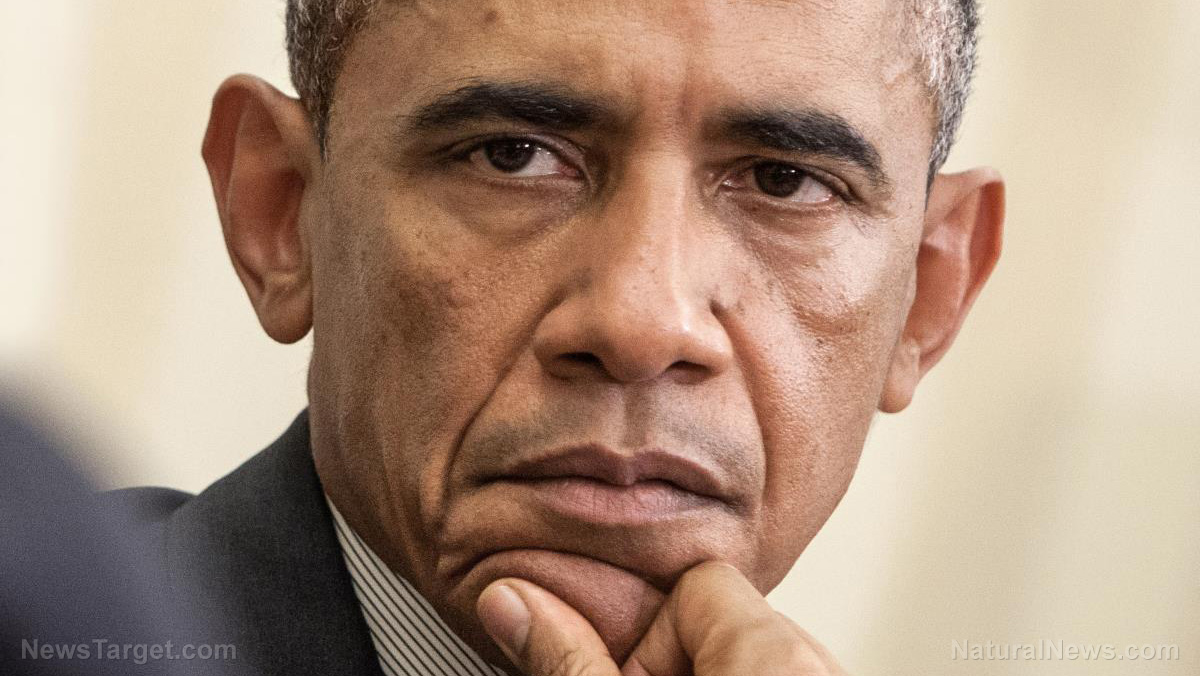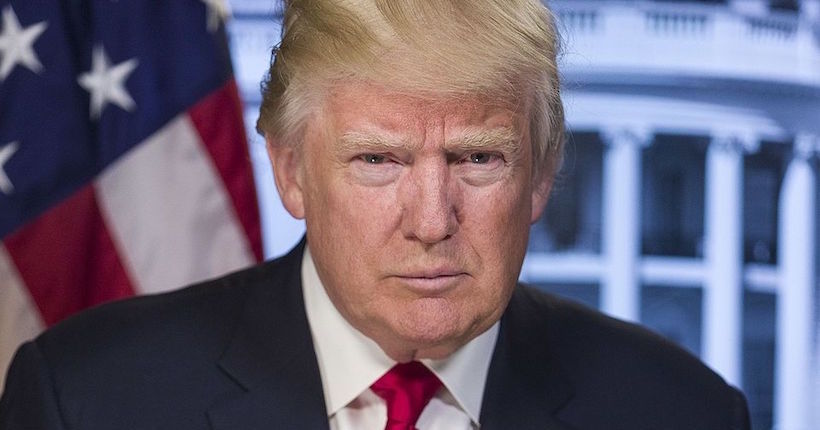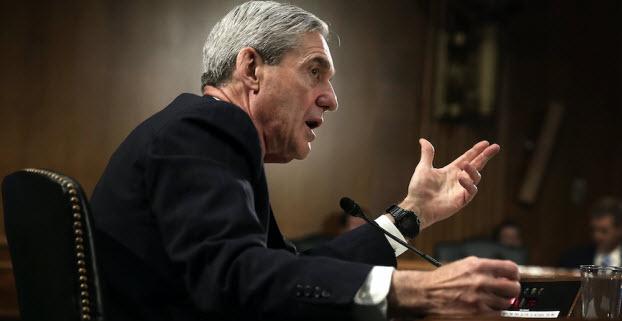The TPP is dead: Trump uses executive order to withdraw from partnership
01/23/2017 / By JD Heyes

With the exception of a few donor interests, former President Barack Obama never entered into international agreements that were going to be of any real benefit to the United States. Whether it be the Iran nuclear deal, the Paris Climate Change Accords or globalist trade deals, the lie was always that such deals would benefit “ordinary Americans” and “American business interests” while doing exactly the opposite.
Tens of millions of Americans knew that already, and one of them was just inaugurated as our 45th president.
As reported by Breitbart, Donald J. Trump’s pledge to get the U.S. out of “bad trade deals” took a major step forward on Monday, the president’s first full work day, when he signed scores of executive actions including one that essentially kills any American involvement in the much-maligned and extremely controversial Trans-Pacific Partnership. (RELATED: Trump has pledged to dramatically roll back Washington! Stay current at Liberty.news)
“We’ve been talking about this for a long time … a great thing for the American worker,” Trump said after putting his signature to an order killing Obama’s primary trade agreement, which was to be between the U.S. and 11 other countries, most of them in Asia.
Trump repeatedly called the deal bad for American workers, and apparently U.S. Labor agrees with him: Unions that normally reserve only the most vile comments for Republican presidents and lawmakers are praising Trump for taking this action.
“Today, President Trump made good on his campaign promise to withdraw the United States from the Trans-Pacific Partnership,” said Teamsters President James P. Hoffa. “With this decision, the president has taken the first step toward fixing 30 years of bad trade policies that have cost working Americans millions of good-paying jobs.”
The union, one of the country’s largest, has also opposed NAFTA, which Trump has pledged to re-negotiate.
The TPP, as Natural News reported in May, was never going to be a good thing for American workers, businesses and industries, as Obama and its supporters in both major parties promised. As we noted, Brett Redmayne-Titley, an undercover journalist who managed to attend secretive TTP planning events, wrote that that the agreement was no less than “treason” for essentially putting globalization on steroids, no matter the cost to U.S. jobs and industry.
Also, Brooke Harper with Global Trade Watch, a Washington, D.C.-based trade watch organization, said that TPP—which was really a treaty and thus subject to the “advice and consent” of the Senate before the U.S. could officially adopt it— was nothing short of a complete sell-out of the American people to corporate interests.
Most corporations that began as American companies are now global in nature; they do business all over the world. So they’re no longer loyal primarily to the United States, but rather to their bottom line, hence the quickening pace of moving jobs and operations offshore, where labor pools are cheaper and regulatory burdens are far less.
Now that TPP is dead, Trump administration officials indicated that the president would move quickly to address NAFTA—the North American Free Trade Agreement, which was negotiated during the administration of President George H. W. Bush but ratified during the Clinton administration in the early 1990s. Trump has heavily criticized this deal as well, correctly noting that it’s mostly been a boon for Mexico, which has seen hundreds of thousands of U.S. jobs migrate there in the quarter-century since it took effect. (RELATED: What governmental agency has Trump dismantled today? Keep up at BigGovernment.news)
White House officials have said that Trump is scheduling meetings with the leaders of Canada and Mexico to open new discussions on how to revise portions of the agreement.
While Trump is getting criticism from the usual globalist quarters inside and outside the U.S., he certainly was not prophetic in predicting the negative effect the agreement would have on U.S. job opportunities and manufacturing. That honor goes to another businessman-turned-politician, Ross Perot, who ran for the presidency under the then-newly-formed Reform Party. Perot, a Texas native, warned that the agreement would create a “giant sucking sound” of jobs out of the U.S., and he was right.
J.D. Heyes is a senior writer for Natural News and News Target, as well as editor of The National Sentinel.
Sources:
Tagged Under: Biggovernment.news, emergency, TOP PRIORITY, Trans Pacific Partnership, Trump administration, Trump.news




